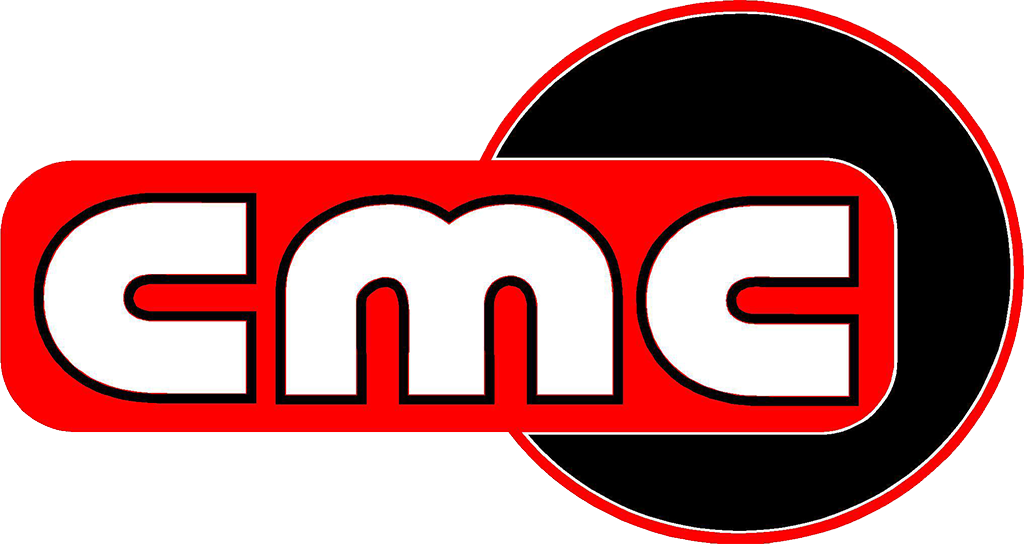As the summer heat intensifies, your air conditioning system becomes an essential sanctuary from the sweltering temperatures, especially in the Bayou Region. If you notice water leaking from your AC unit, it can be a cause for concern. While some condensation is normal, excessive water leakage may indicate a problem that requires attention. In this blog post, we’ll explore the potential causes of water leakage from your AC and provide guidance on distinguishing between harmless condensation and more harmful issues that you should call Coastal Mechanical Contractors for.
Understanding Condensation:
-
Air conditioners naturally produce condensation as part of their cooling process. The evaporator coil inside the AC unit cools the warm air, causing moisture to condense on the coil. This condensation typically drips into a drain pan and flows away through a drain line. It is normal to see a small amount of water droplets near the outdoor unit or a slight moistness on the drain line. However, excessive water pooling or active dripping suggests a problem.
Clogged or Disconnected Drain Line:
-
A common cause of water leakage is a clogged or disconnected drain line. Over time, dirt, debris, and algae can accumulate in the drain line, obstructing proper water flow. This blockage can cause the water to back up and overflow, resulting in visible leaks. Additionally, if the drain line becomes disconnected or damaged, the water may not flow out as intended, leading to leakage.
Frozen Evaporator Coil:
-
If the evaporator coil inside your AC unit freezes, it can contribute to water leakage. This freezing can occur due to restricted airflow caused by dirty air filters, closed vents, or blocked return ducts. When the evaporator coil thaws, excess water can overwhelm the drain pan, causing leaks. If you notice ice buildup on the coil or water dripping after the system defrosts, a frozen evaporator coil may be the culprit.
Damaged or Overflowing Drain Pan:
-
The drain pan beneath your AC unit is designed to collect condensation and channel it away. However, over time, the pan can corrode, crack, or become misaligned, leading to water leakage. Additionally, if the amount of condensation exceeds the pan’s capacity due to a clogged drain line or frozen coil, the excess water can overflow, resulting in leaks.
When to Seek Professional Help:
-
While some water leakage may be resolved with simple maintenance tasks, certain situations warrant professional assistance. Contact CMC, and we’ll send a qualified HVAC technician to determine the exact cause of your issue, especially if notice the following:
-
Continuous or excessive water leakage.
-
Persistent leaks even after attempting basic troubleshooting.
-
Signs of mold or mildew growth around the AC unit.
-
Unusual sounds or odors accompanying the leakage.
-
System performance issues, such as reduced cooling or airflow.
Water leakage from your AC unit can be concerning, but understanding the difference between harmless condensation and harmful issues is crucial. While some moisture is normal, excessive leakage, pooling, or dripping indicates a potential problem that requires attention. By familiarizing yourself with common causes such as clogged drain lines, frozen evaporator coils, and damaged drain pans, you can make informed decisions about when to troubleshoot on your own and when to seek professional assistance from CMC. Remember, timely maintenance and prompt repairs will help ensure your AC system operates efficiently, keeping you cool and comfortable throughout the summer.

